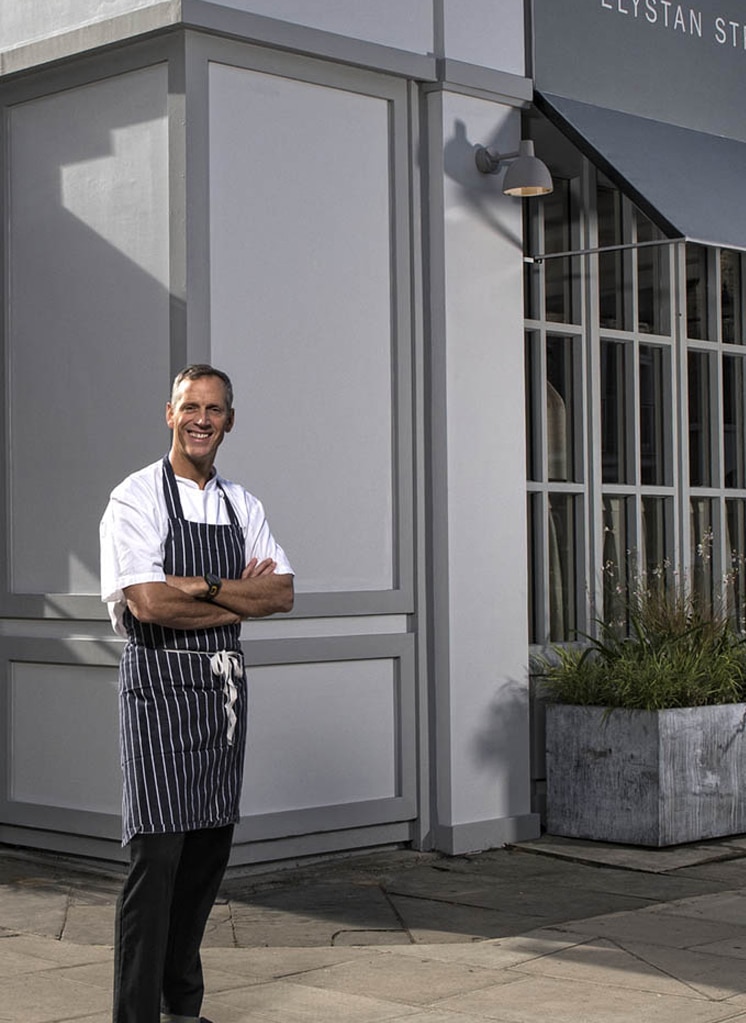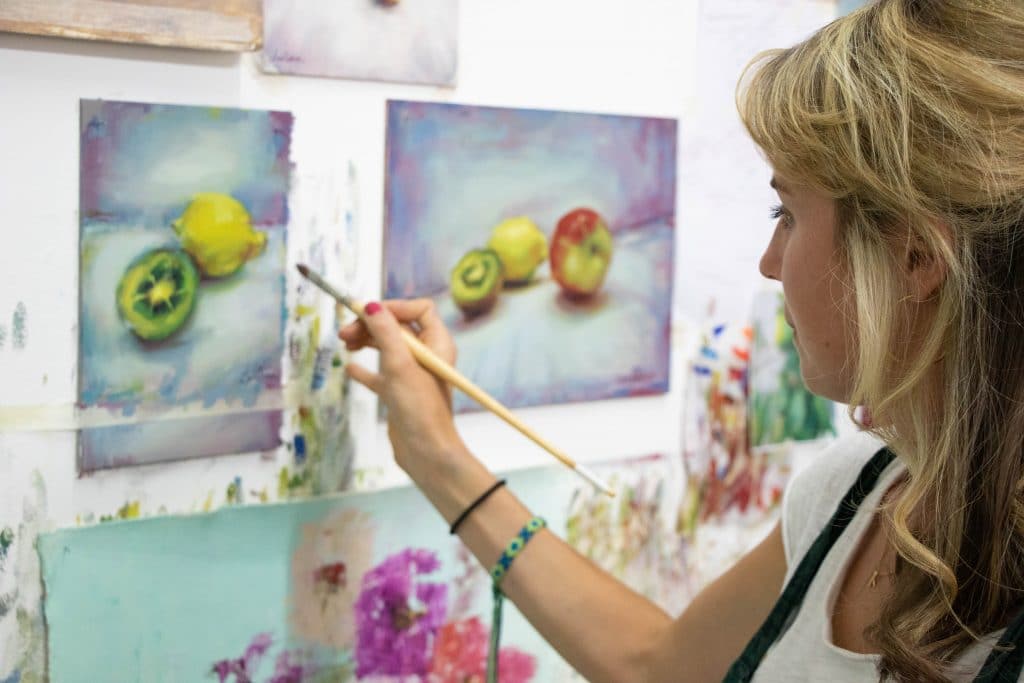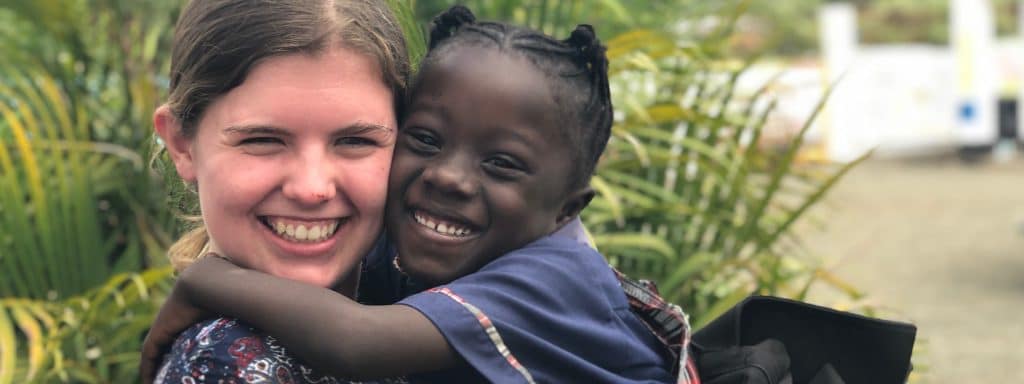After a switch to Microbiology, Phil admits he struggled to cope with the workload, eventually gaining a third class degree, but it was during this time where he discovered his real passion in life: cooking.
“University was the first time in my life I felt free. I moved into shared accommodation which meant I had to start cooking and I just loved it. Having done none at all at home I got seriously into it. It became an integral part of my being.”
Graduating meant more freedom and Phil travelled to Australia where he got a job as a waiter. When he had earned enough skills and resources he ventured up the East Coast cooking and selling food out of the back of a VW Kombi to anyone who wanted to buy it.
Upon his return to the UK he got hold of a Michelin Guide and set about beginning his culinary career.
“I wrote a letter to ten of the top London restaurants. I received responses from most and got a job offer from Roux Restaurants. Their empire was massive. They had Le Gavroche and The Waterside Inn as well as a vast contract catering division which was huge.”
The fledgling chef spent a year in the Roux business where he reveals he was thrown in at the deep end in an understaffed environment.
“On the one hand you can say there was not nearly enough training but on the other it was an immediate opportunity to get involved. You had to learn quickly.”
Yearlong experiences followed, first at the world renowned Harveys under restaurant giant Marco Pierre White, who fired him because, well, who hasn’t been fired by Marco, and then at Simon Hopkinson’s Bibendum, just around the corner from his current eatery. While each experience was fairly short-lived they all played a vital role in what turned out to be a well-rounded food education.
“With Roux I saw what finesse and refinement could bring to cooking. Marco was more about flair and creativity and showing that it was possible to cook the best food in London with very limited resources. Simon was the first person I had come across who could talk passionately about ingredients, seasonality and provenance.”
What then paved the way for Phil to become one of the capital’s youngest Head Chefs and restaurant owners was a reconciliation with Marco and a serendipitous return to Harveys.
Marco was in the process of opening a new restaurant when he parted ways with Nigel Platts-Martin, his then partner. Nigel got in touch with a 24-year-old Phil, explaining that Marco planned to take him as Head Chef and asked would he like to go into business.
“I had only cooked for three years at that point. I had never employed anybody, never spoken to a supplier or ordered anything, in fact, I had barely cooked my way around a kitchen. Nigel and I never conversed about setting out any goals or defining the food and I was left to write the menu in its entirety.”
Despite the ridiculousness of the situation The Square launched in 1991. It was a roaring success from the start, something Phil puts down to London’s appetite for change.






